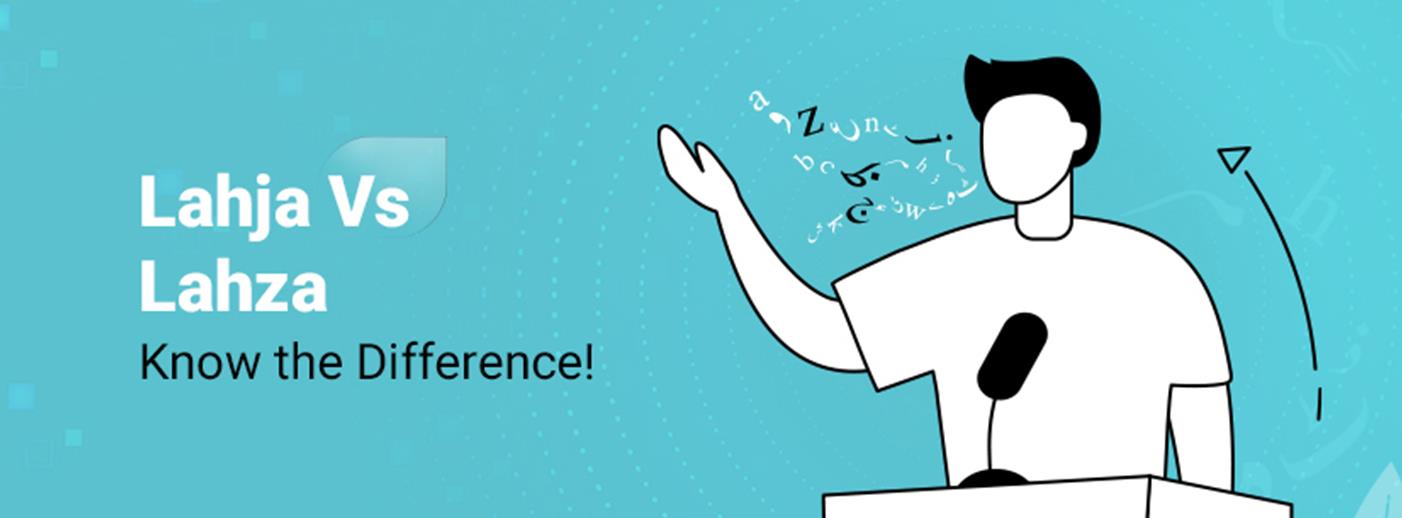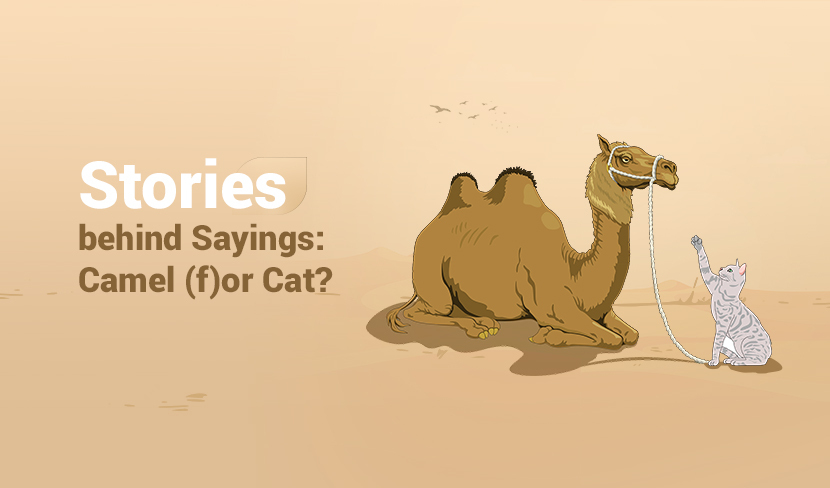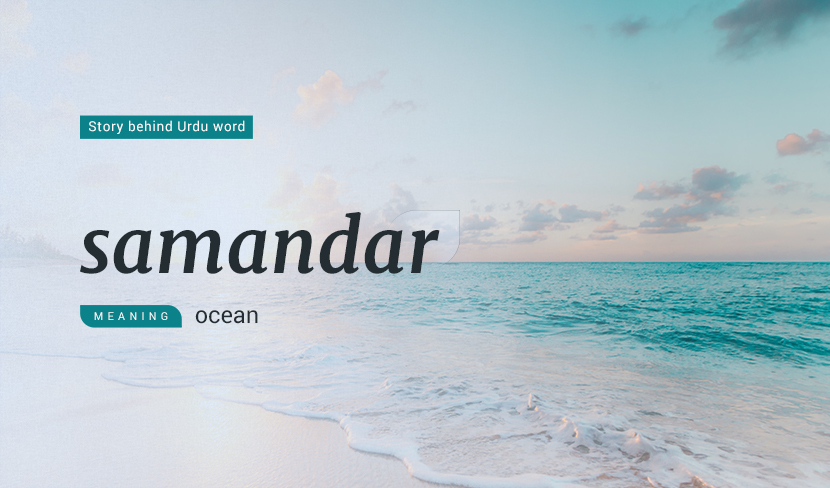Top searched
Saved words
khisyaanii billii khambaa noche
an embarrassed or ashamed person tends to vent his/her feeling by quarrelling
be-niyaaz
without want, free from want, wanting nothing, not in need, able to dispense, independent, carefree
Lahja Vs Lahza - Know the Difference!

A great many words in our everyday rhetoric are mispronounced, and no better testament to that exists besides the ‘J’-for-‘Z’ confusion. Take Zamaana spoken as Jamaana, Zor as Jor, Marzi as Marji, and so on. But there is also a clear divide between ‘Z’-to-’J’ words, for instance, Mujrim pronounced Muzrim, and Vazib for Vajib. All that is alright when it’s happening due to regional dialects and - acting devil’s advocate here - considering Devanagari has dropped Nuqtas and few readers can read the Urdu Rasm-ul-Khat. But things get murky when you’ve got the mispronounced word separately existing as a noun, as in the case of Lahja and Lahza - two words that are increasingly mispronounced, and thus cross-used, for one another. Just to set some context, it’s usually the word ‘Lahja’ that speakers have in mind while they are uttering Lahza; the latter is a word that most Urdu-light speakers are yet unacquainted with. So what is it that tells apart these two words? Here’s what: Lahja literally means the tongue (Zabaan), and idiomatically means articulation. As in the expression, “Us ki baat to sahih thi, lekin us ka lahja ghalat tha”. Essentially, Lahja means how something is said. That’s part of the reason why we hear the compound construction ‘Lab-o-Lahja’, meaning speech and intonation - an expression used to gauge how one’s intention differs from what they are speaking. Here’s Hali putting Lahja to great use: gul-o-gulchii.n kaa gila bulbul-e-KHush-lahja na kar tuu giraftaar hu.ii apnii sadaa ke baa.is The question is what happens when we mispronounce Lahja as Lahza? Simple, speech gets taken as sight! Lahza actually means a glance (lit. Ek Nazar), and again by extension, it also idiomatically means ‘a moment’, because a glance lasts as long as a single moment. Additionally, Lahza is actually a word related to a few other words in our daily wordstock, such as Lihaaz, meaning ‘consideration’ (again derived from eye), Lihaza, meaning ‘therefore/in view of’, and Mulaahiza, i.e., attention. Take Meer, punning Lahza both as view and moment: hairaa.n hai lahza lahza tarz-e-ajab-ajab kaa jo rafta-e-mohabbat vaaqif hai us ke Dhab kaa And, dear reader, if you are still confused after running down Lahza’s etymology, an anatomical comparison between the two words might ease the differentiation. In crudest terms, Lahja means ‘the tongue’ and Lahza means ‘the eye’. For anyone still wondering what’s wrong if we use Lahza for Lahja, remember: “Aankh se zabaan ka kaam to liyaa jaa sakta hai; zabaan se aankh kaa kaam nahin liye jaa sakta” On that tongue-in-eye cheek note, it’s a wrap!
Delete 44 saved words?
Do you really want to delete these records? This process cannot be undone





